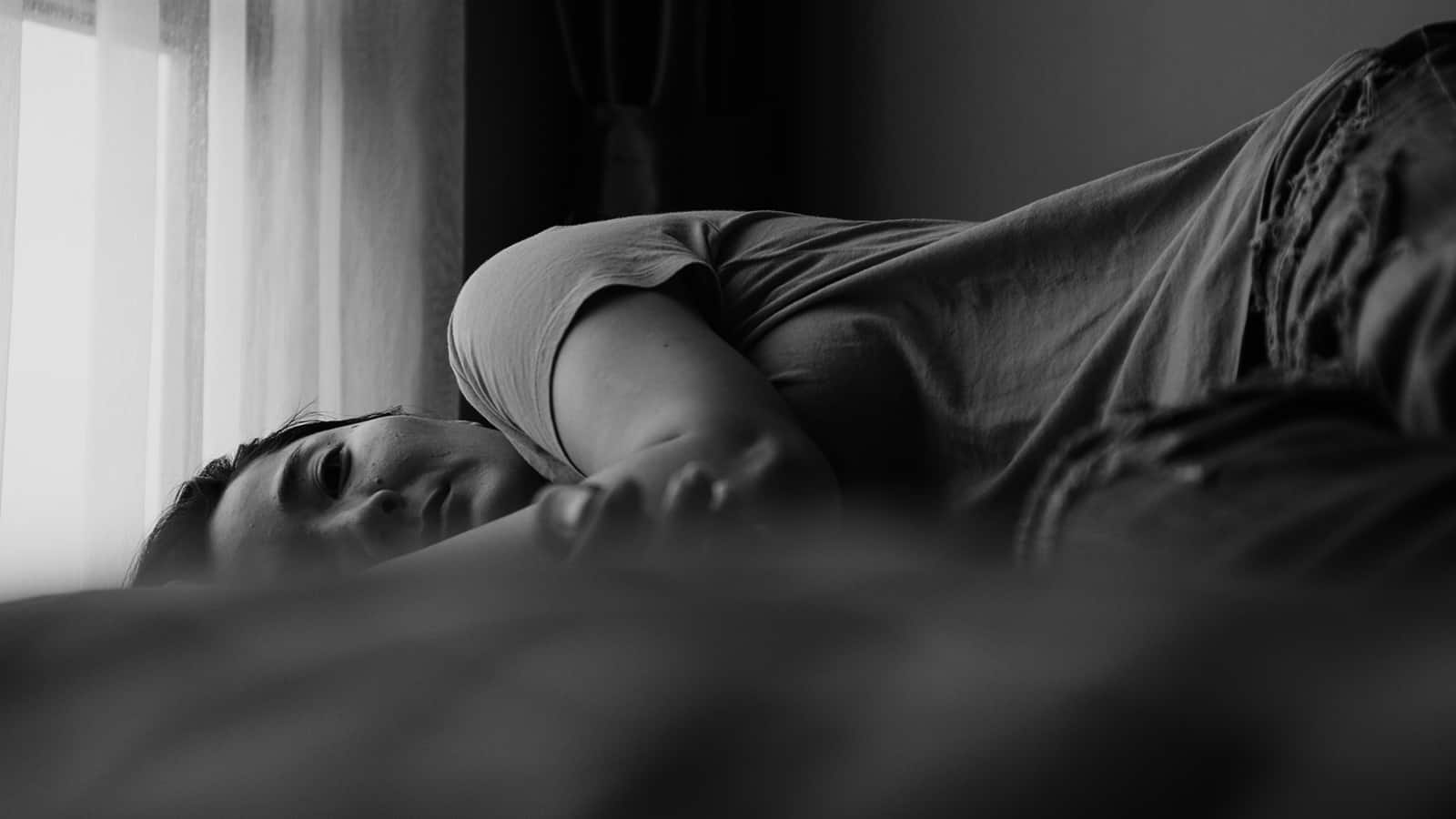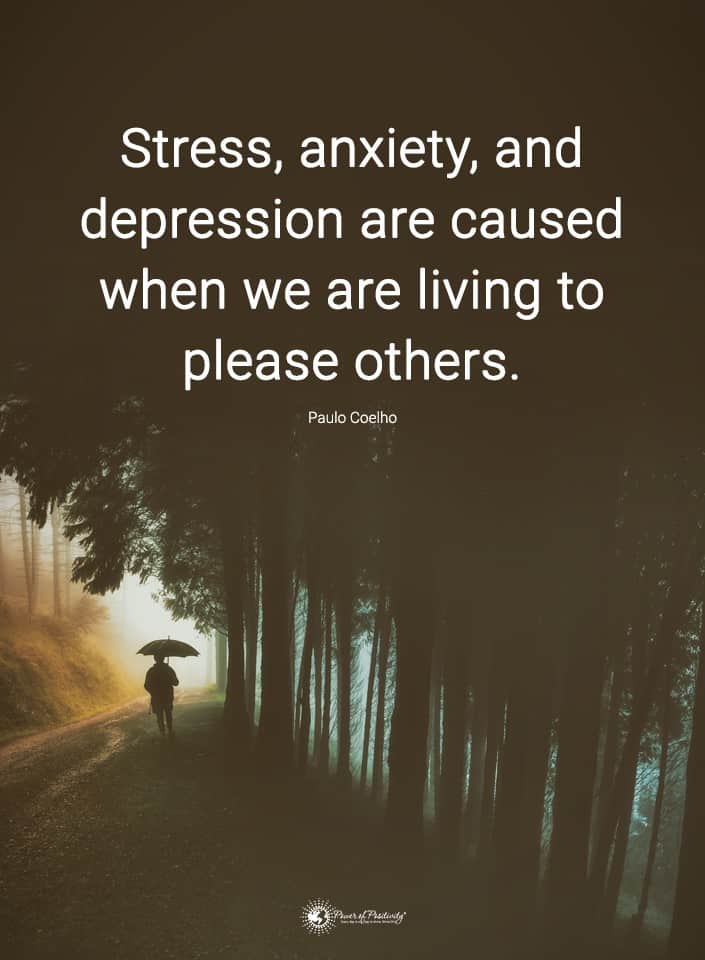Do you know someone who seems to be developing anxiety?
Everyone experiences anxiety occasionally due to work issues, financial woes, or family problems. It’s part of life. Usually, after the problems go away, the anxiety disappears. But for some people, the fear never lifts. National Institute of Health data estimates that approximately 31% of adults in the United States have had an anxiety disorder. That’s a massive number of people who suffer from anxiety. If someone you know develops anxiety, they may need help.
What is anxiety?
Anxiety is feeling fearful, agitated, or uneasy. Of course, chronic stress affects every part of a person’s life. However, it grows harmful if these feelings become so intense that someone can’t function normally.
Anxiety is debilitating mentally and emotionally, but it also causes physical symptoms, including the following:
- Fatigue
- Lack of focus or concentration
- Nervousness, irritability
- Insomnia
- Heart problems
- Breathing problems such as asthma
- Auto-immune diseases
- Back pain or neck pain
- Migraines
What are types of anxiety?
People suffer from different anxiety disorders. Some of the most common anxiety disorders are these:
- Generalized anxiety disorder (GAD)
- Panic disorders
- Phobias
- Post-traumatic stress disorder
- Obsessive-Compulsive disorder
15 Signs Someone Is Developing Anxiety
Do you recognize any of these red flags in you or someone you care about?
1. Sick a lot
If someone you know seems to get sick all the time, it could signify they’re developing anxiety. Anxiety causes stress on your mind and your body. This causes high cortisol levels to be released into their body, making them more susceptible to a weakened immune system. Physical signs of anxiety include the following symptoms:
- Dizziness
- Rapid heart rate
- Sweating
- Insomnia
- Shortness of breath
2. Someone developing anxiety becomes restless
Restlessness is a common sign someone is developing anxiety. An anxious person can’t sit still. It’s easy to assume they’re high-energy people, but if you watch them closely, you’ll notice their restlessness is related to stress. When someone struggling with anxiety gets into stressful situations, they respond with a fight-or-flight response. They should reserve this for only life and death situations, but an anxious person always feels this. Everything produces high stress for them. Restless anxiety may include nervous habits, including:
- Fidgeting
- Pacing
- Hair curling around their fingers
- Wiggling their foot
- Tapping with their foot
- Biting their fingernails
3. Worry about everything
It’s normal to worry occasionally, but if someone you know has excessive worries, it could be a sign they’re developing anxiety. They have negative thoughts and worry about things that generally shouldn’t cause them to worry, including these signs:
- Worrying about their everyday life activities-work, school, grocery shopping, etc.
- Wondering if they worry too much
- Feeling out of control during the day
- Frequent bathroom visits
- Edginess, easy upset by other people or situations
- Can’t make decisions fearing they’ll make the wrong decision
4. Sleep problems go along with developing anxiety
Insomnia is a common sign someone may develop anxiety. Lack of sleep affects a person’s ability to function at home, work, or school. They may not sleep the night before an event or have exaggerated fears about the event. Anxiety causes an individual to lie awake for hours, to toss and turn, overthinking about all the bad things that could happen to them.
5. Compulsive behaviors
Compulsive behaviors make people feel they must do certain activities to ease their stress or negativity. They feel compelled to do these things to suppress their thoughts. These behaviors disrupt their work, school, or home life. Common compulsive behaviors include:
- Hand washing over and over
- Checking outside over and over
- Rearranging things constantly
- Washing and cleaning
- Need for symmetry
6. Someone developing anxiety faces social isolation and withdrawal
If you suspect someone is developing anxiety, you may notice they withdraw from social activities. Anxiety shatters their ability to be in crowds or talk with people. They feel nervous and anxious in most social settings, even with family members. Social anxiety may cause people to stay home or only speak with certain people they trust. This withdrawal can frustrate their family and friends who don’t understand their level of anxiety but may assume they’re being stubborn.
7. Feelings of impending doom
Severe anxiety makes a person feel doom all the time. This sense of impending doom may arise from a past sickness or a car accident that left them with some post-traumatic stress (PTSD). Anxiety causes them to assume something like this or worse will happen to them. Individuals who haven’t experienced PTSD may feel a sense of doom about their life and view everyday situations as dangerous or life-threatening. They may be overly concerned about staying healthy, eating, and exercising all the time. This outcome doesn’t seem harmful, but their motivation for staying healthy comes from fears they play out in their minds.
8. Trembling & Shaking
Anxiety causes stress. Stress affects a person physically, causing tremors or shaking. This is part of the fight-or-flight response they’re feeling. An anxious person’s shaking may come and go in perceived scary or dangerous situations. Because it’s a noticeable sign, it may cause the person to withdraw socially. Anxious people may divert attention away from their trembling by pretending to be cold or moving around a lot to distract people from seeing their trembling hands or legs.
9. Tension goes hand-in-hand with developing anxiety
Another sign that someone is developing anxiety is always on edge. They struggle with negativity. Anxiety causes them to be short-tempered. They lose their patience at work and home. This tension makes them uptight, unable to laugh at themselves. Unfortunately, their tense demeanor hurts their relationships with family and friends. You may sense something is wrong with a friend or family member, but they won’t like it if you ask them how they’re doing. You’re likely to get pushback from them. Please don’t give up because even though they give off signals they don’t want you in their life, they desperately need a friend to stand with them.
10. Can’t concentrate
Anxiety causes an individual to struggle with completing work assignments or school projects. They get distracted by their anxious thoughts and the stress of having a deadline. As a result, they start overthinking the inadequacies that paralyze them. Thus, this cycle of overthinking, negativity, and stress can cripple them. Lacking the ability to concentrate affects every aspect of a person’s life, career-wise, socially, and home life.
11. Easily startled
Someone who struggles with anxiety is jumpy and nervous all the time. Examples of how they react include the following:
- Jump at small sounds
- Frightened easily
- Jumpy, jittery all the time
- Trigger-happy, tense all the time
- Supersensitive about sounds
- Alarmed and fearful of everyday things that shouldn’t be alarming
- Always on guard
- Paranoia
If an individual is a parent, they project their fears onto their kids. They worry about all the bad things that could happen to their children. In fact, a person may develop anxiety problems as a child if they have a parent who struggles with anxiety issues.
12. Agoraphobia
Agoraphobia is an intense fear of crowds or places that could make escape difficult. Someone with agoraphobia avoids situations like flying, being in large groups, or being alone outside their home. Their fears are irrational and cripple their ability to socialize with others.
13. Someone developing anxiety engages in rumination
Another sign someone may develop anxiety is a tendency towards rumination. This is an over-analyzing of a person’s negative feelings or thoughts. The anxious person dwells on actual or perceived troubles to the point of obsession. They can’t let go of these situations and often talk incessantly about them. These thoughts dictate how they view life. An anxious person feels their view of life is more accurate than others. It’s as if they have some personal insights about life.
14. Increased Heart Rate & Palpitations
It’s no secret that anxiety affects both the mind and the body. Many of the physical problems caused by this mental illness involve the heart. That’s because anxiety produces stress, which affects the heart. Anxiety makes a person prone to heart problems, including:
- High blood pressure
- Increased heart rate or palpitations
- High cortisol levels
- Irregular heartbeat
15. Fatigue
Feelings of constant tiredness and fatigue are common when struggling with anxiety. This may be because of their lack of sleep, but it’s often a reaction to their stress. The concern is common in everyday life. Usually, after their life settles down, they will feel less anxious. But if someone has chronic stress, they never feel better but live with overwhelming fears and anxious thoughts. This is emotionally and physically exhausting.
Final Thoughts on Knowing When Someone Might Be Developing Anxiety
Watch for these signs if you suspect someone you know is developing anxiety. The person may not realize what’s happening even though they struggle with negativity, overthinking, and stress. They may assume this is normal for everyone. In fact, these aren’t necessarily signs of chronic anxiety. The level of concern determines how all-consuming it is when their stress is removed. If they withdraw socially, can’t sleep, develop compulsive behaviors, or have agoraphobia, it may be time for you to speak up. Someone developing anxiety needs a friend to come alongside them to get help outside themselves.



















